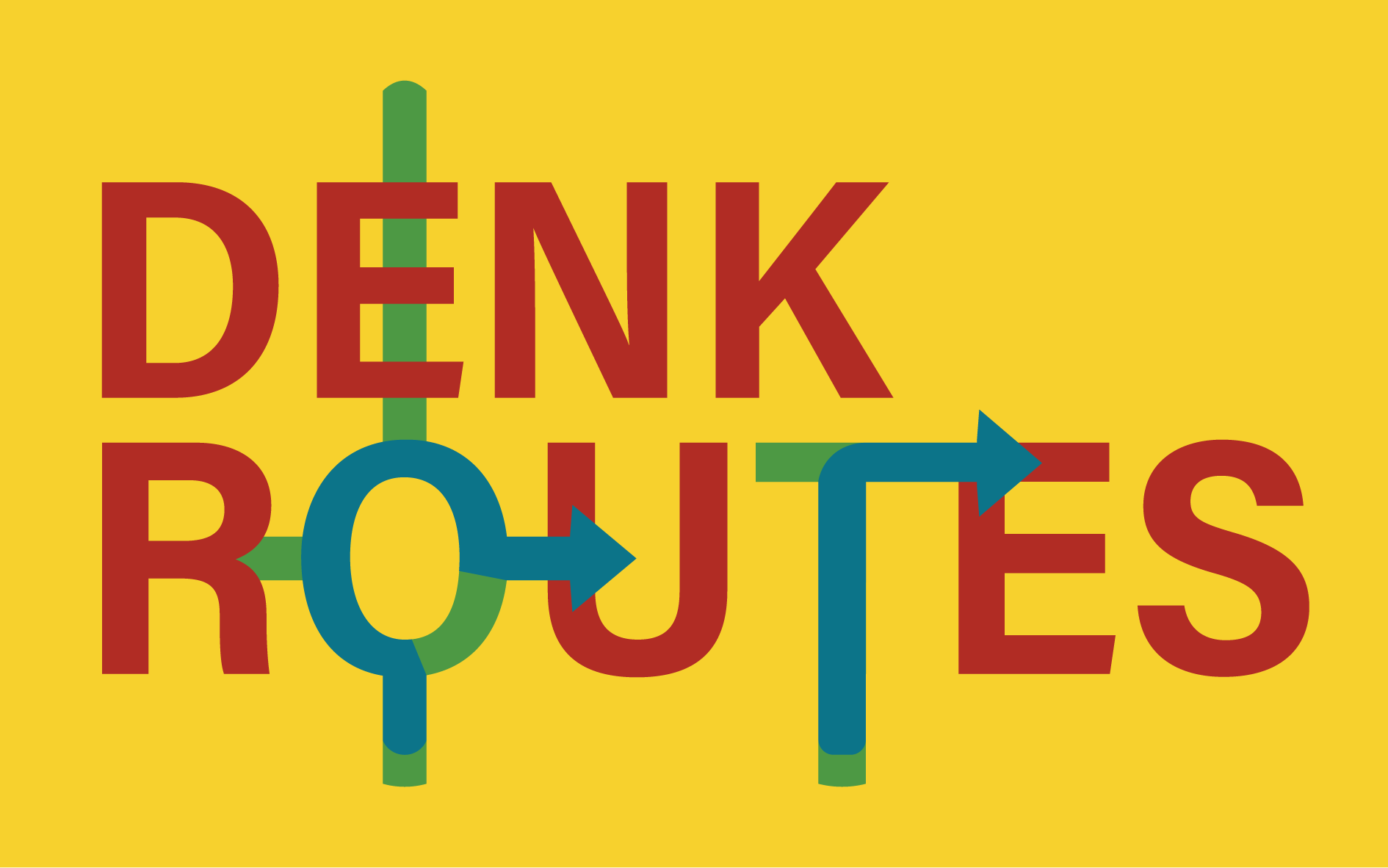Mission & Vision
Mission
We want to make a difference for Dutch youth in European contexts – and thus for all of us, because they shape our future.
The direct reason for establishing this foundation is to enable acquisition for the projects below. To become eligible for subsidies, an ANBI foundation is essential.
But the foundation's motivations lie deeper: concern for the quality of education and undermining tendencies such as the lack of well-educated, flexible-thinking and sustainably inspired teachers. Concern for the social consequences that this already has and will increasingly have for everyone who receives education: superficial involvement, populism, uncertainty about their own abilities among students, experiencing a gap between knowledge-that-must and the demanding but often differently oriented world around them, fear and polarization.
This grim picture can also be turned upside down: wherever there are well-educated, well-equipped, committed and inspired people working in and around schools, they can make an enormous difference.
Stichting Denkroute wants to provide them with perspectives, advice and educational materials to make this difference. In doing so, it also wants to increase its own reach. The work that we ourselves (as advisors, researchers, authors, school leaders and teachers) try to do in an inspired way is satisfying but also deserves a larger radius of action.
Another aspect of this is that a division threatens to continue in Dutch education: children of parents who can afford 'shadow education' (childcare, tutoring, remedial teaching, homework guidance, exam training) or schools with a high parental contribution versus parents of children who have to make do with an undermining school, where the teachers present are in 'survival mode' because they do not have much confidence in their own teacher and resilience or because the workload is constant and sky-high.
We believe that education should enable a broad introduction of knowledge, insights, skills and attitudes and thus facilitate equal opportunities and a deep sense of involvement with the society that lives together. We believe that this gives every newcomer roots and wings, but that this also transcends the individual interest. With this, the pedagogical task of teachers is emphatically also a social task.
There is a great deal of involvement with the world around them among pupils and students in the Netherlands. This is reflected in the desire to travel, among other things. Young people want to go abroad and as soon as seniors get the chance, they also say they want to explore the world (again). They yearn for depth but often do not know how to find it and thus end up in touristic superficiality and consumerism: bucket lists of locations that can be checked off (and that unfortunately can often only be reached by plane). In the coming years, 'tourism in our own country and on our own continent' will necessarily increase again. There are learning opportunities and possibilities to increase involvement with nature, heritage, the unique and valuable aspects of culture and society.
From education, ways out, that is to say, alternative ways, are also offered. Informal learning is fortunately gaining interest and appreciation again, as is project-based education. Many also have the experience and knowledge that it is a good remedy to look beyond borders – of the country, the bubble and one’s own right – in order to be able to reflect and connect. We therefore also refer to the organisations with which we feel connected and inspired (see below).
Vision
We believe in active citizenship, nourished by teacher and resilience.
In order to use, celebrate and increase these, we want to map out thought routes together, with which we can learn and grow, so that connectedness with nature and culture is expressed. We believe that we can contribute to a culturally vital society in which children, adults, their parents and teachers dare, want and can make their essential social contribution.
How does the Denkroutes Foundation intend to achieve this?
The foundation aims to achieve its goal by, among other things, mapping out learning and thinking routes, finding them together with third parties, developing them further and following them through or coaching participation in them.
This can be in the form of:
Providing strategies and step-by-step plans that support, strengthen and extend learning, reasoning, contemplation and reflection;
Developing, deepening and/or expanding educational material;
Curriculum development, curriculum development or improvement;
Researching and publishing about the domains of culture, language, history, art history, heritage, society, nature and education – preferably a combination of these domains;
Providing guidance and/or advice on the use and development of educational materials and setting up educational projects on nature, society, heritage, language, art, culture and history;
Guiding and stimulating learning from and about the immediate environment;
To offer these services to individuals, businesses and organisations. The intended target groups are children, young people and adults.
To give shape to these objectives by means of teaching materials, tool kits, lesson series, games, stories, scenarios, research, publications, websites, videos, applications, excursions, exhibitions, advice and guidance.
What is needed to achieve this goal (people and resources)
Having and maintaining a wide and active network is necessary to gauge and utilize necessity, need and possibilities. The board members have been selected with emphasis on this.
The idea is to have one project finance the other. At the moment, the projects around the graphic novel Jazzy and the Footsteps of Bertha von Suttner have the best chance of fulfilling the role of financial engine. In the coming five years, the emphasis will be on finding a start in financial resources, goodwill and recognition in the field, which will make it easier for further projects to get off the ground.
Time is the most important resource for this.



